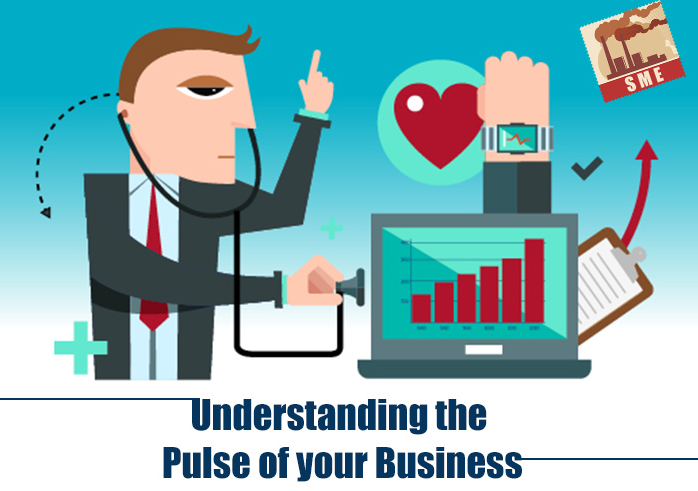Understanding the pulse of your business
|

Managing profitability - Why your customer is paying you?
Most businesses know - what their customer is paying them for, but not necessarily why he/she is paying? There is a difference. Even if your product is the same, every customer has his own reasons to pay for it. For example, if you own a taxi fleet there is difference in pricing for your corporate clients and individual customers. This happens because the value of the same taxi and same driver is different for different customers. While a multi-national corporate customer might not mind paying more for a taxi that is available on time with full tank and a driver dressed in clean uniform, a family that wants to make a personal trip to some tourist location will pay relatively less for the same things. It is important for businesses to understand the differences in the value of product or service with respect to the customer to enhance the profitability. Profitability will be easy to achieve once you know why your customers are paying you.
Managing Cash-flow - When your customer is paying you?
The second and more ignored aspect is analyzing the pattern in which your customer is paying you. Taking the earlier example of a taxi fleet owner, an MNC corporate customer might pay at the end of every month, while the individual might pay in cash at the end of the trip.
So, if you want to serve the corporate customers you must build a financial chest that lasts several months. You will also have to consider the cost of financing and add it to your costs. But if you are serving individual customers, you need to spend money reaching out to more people to get the best returns. A proper analysis of your customers payment patterns in view of pattern of your business costs will help you to stay cash positive.

